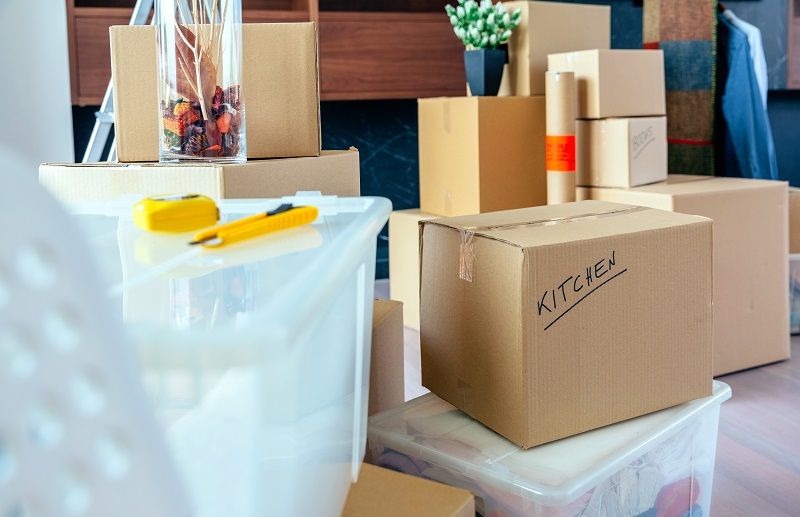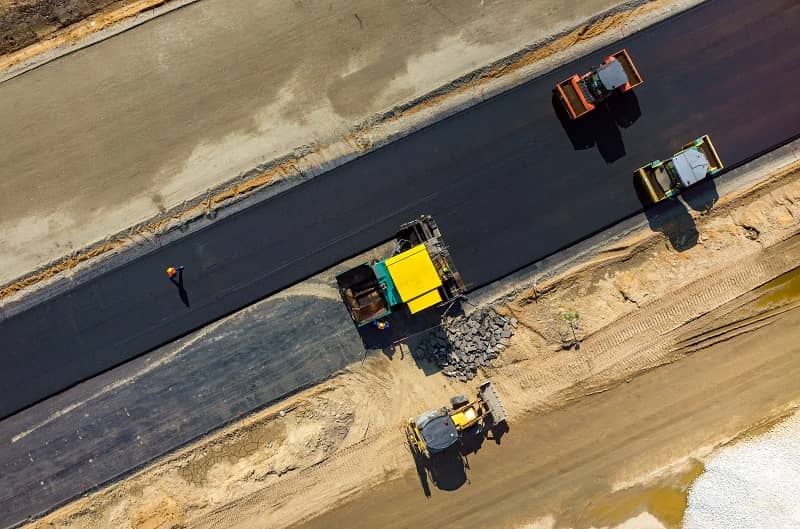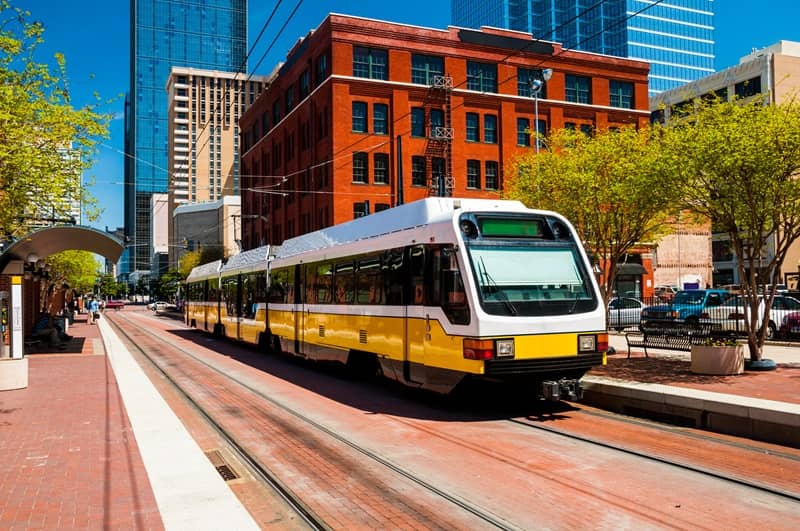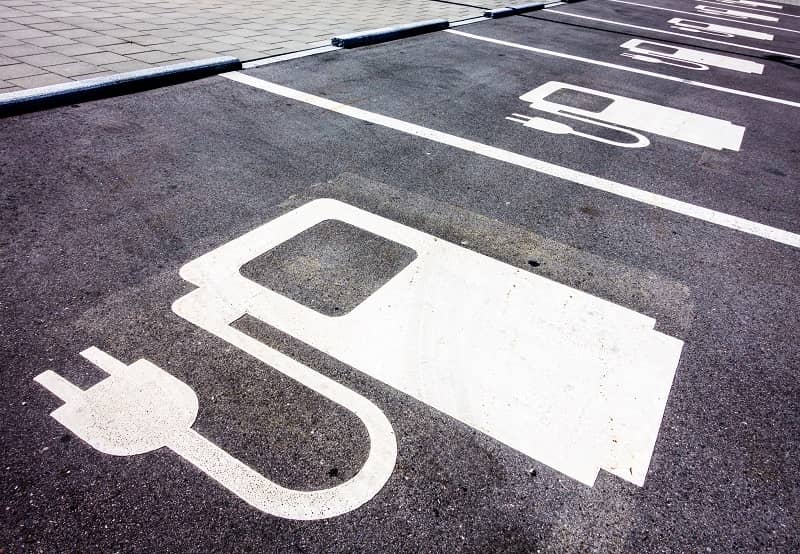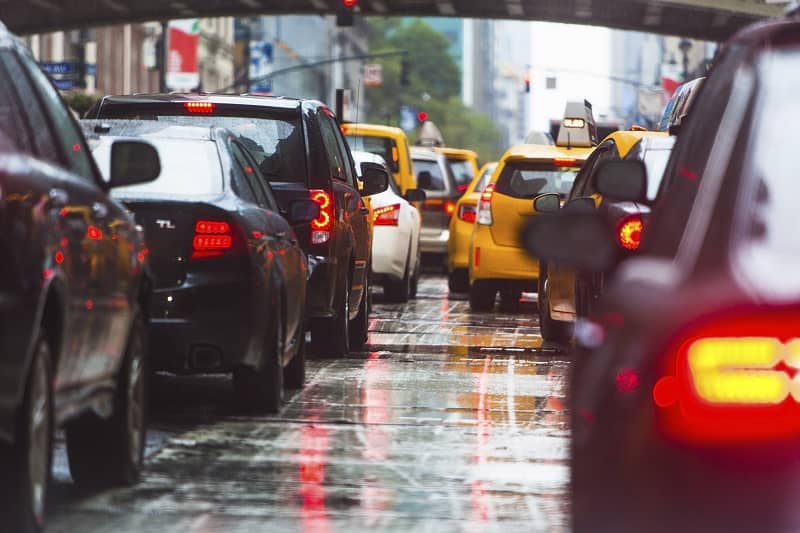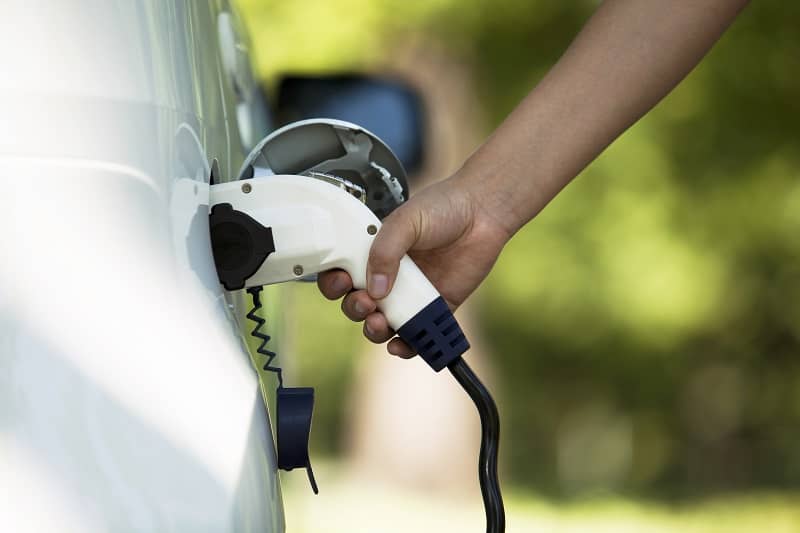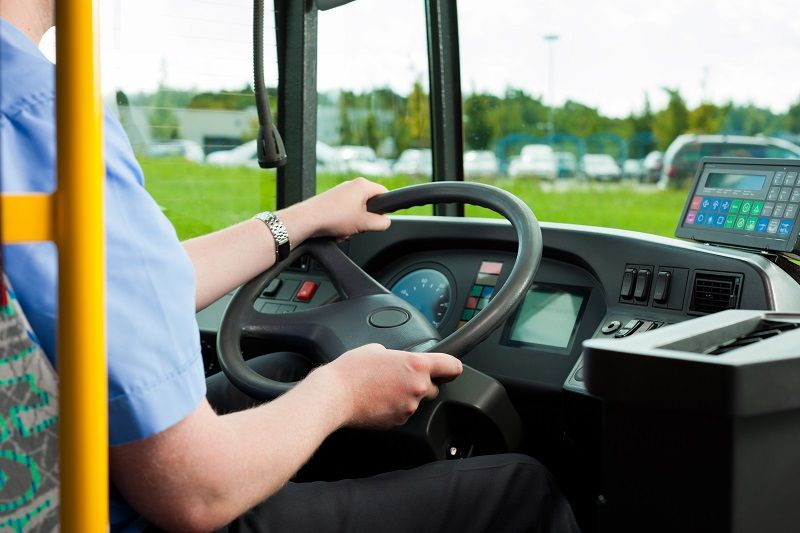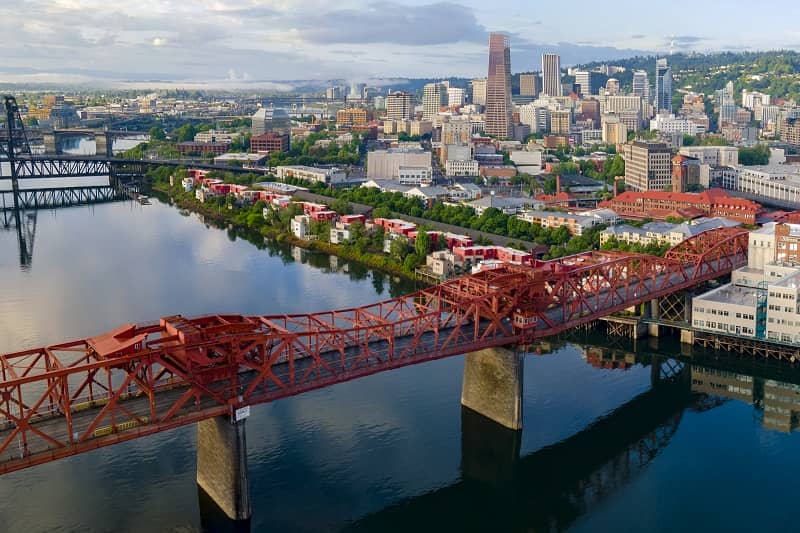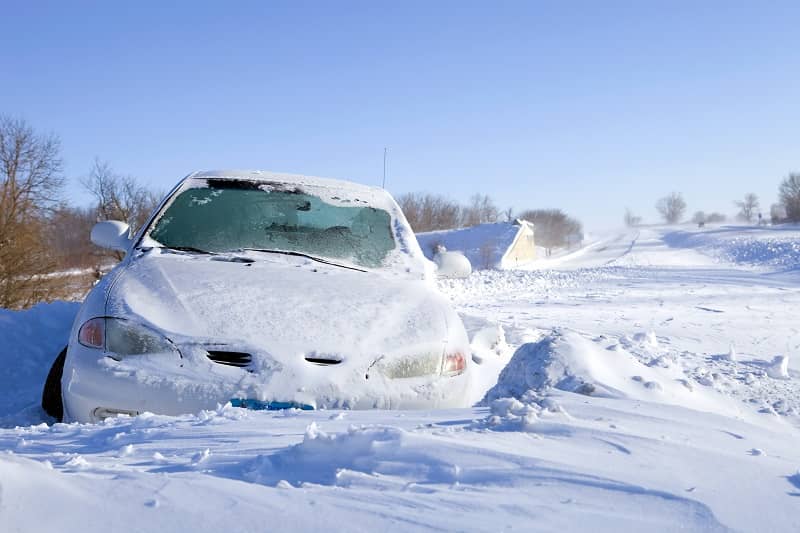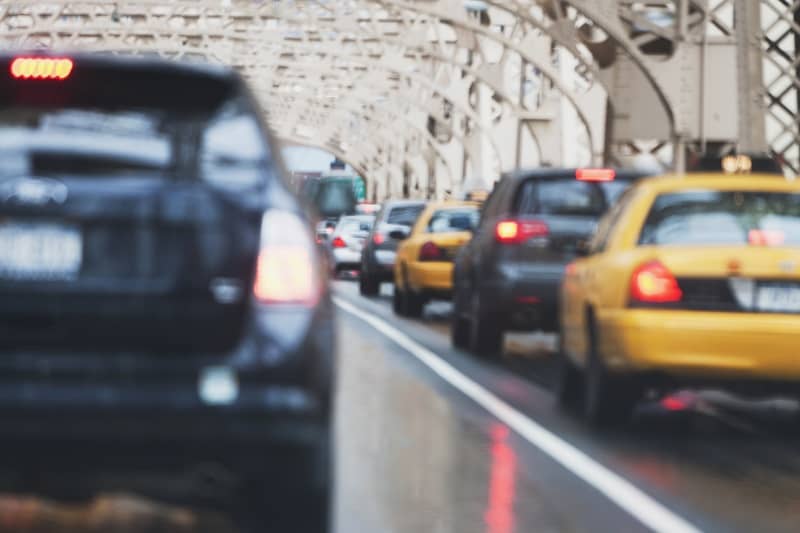

Click the play button to hear the audio commentary
by Steve Buckstein
The Oregon state legislature has used the state lottery as an almost endless source of funds for various projects over the years. When gambling doesn’t generate enough revenue for current wish-lists, legislators can authorize the sale of bonds repayable from future lottery revenue. According to official state documents, principal and interest remaining to be paid on lottery bonds is $1.6 billion, and the bonding capacity is virtually stretched to its limit. If they borrow much more they may not be able to repay the bonds.
A current bill (HB 2166) would borrow another $100 million against the lottery to fund more “multimodal” transportation, including light rail and streetcars. But, if they can’t safely borrow more from future lottery revenue, what should they do?
Here’s a creative idea: Why not authorize the state lottery to install gaming machines on some current and future “multimodal” vehicles, including light rail, the WES commuter train, and streetcars?
Just think, public transit riders who now receive huge subsidies from taxpayers could begin paying the full cost of their trips, and perhaps even more.
With modern technology, each seat could have a screen on the back, allowing passengers to simply insert their credit cards and gamble away on their slow, winding train trips. Who knows, by the time they get where they’re going, many passengers could have dumped tens or even hundreds of dollars into state coffers, which could then go back into funding more slow trains.
Now that’s an idea worthy of taking a gamble on.
Steve Buckstein is founder and Senior Policy Analyst at Cascade Policy Institute, Oregon’s free market public policy research organization.

